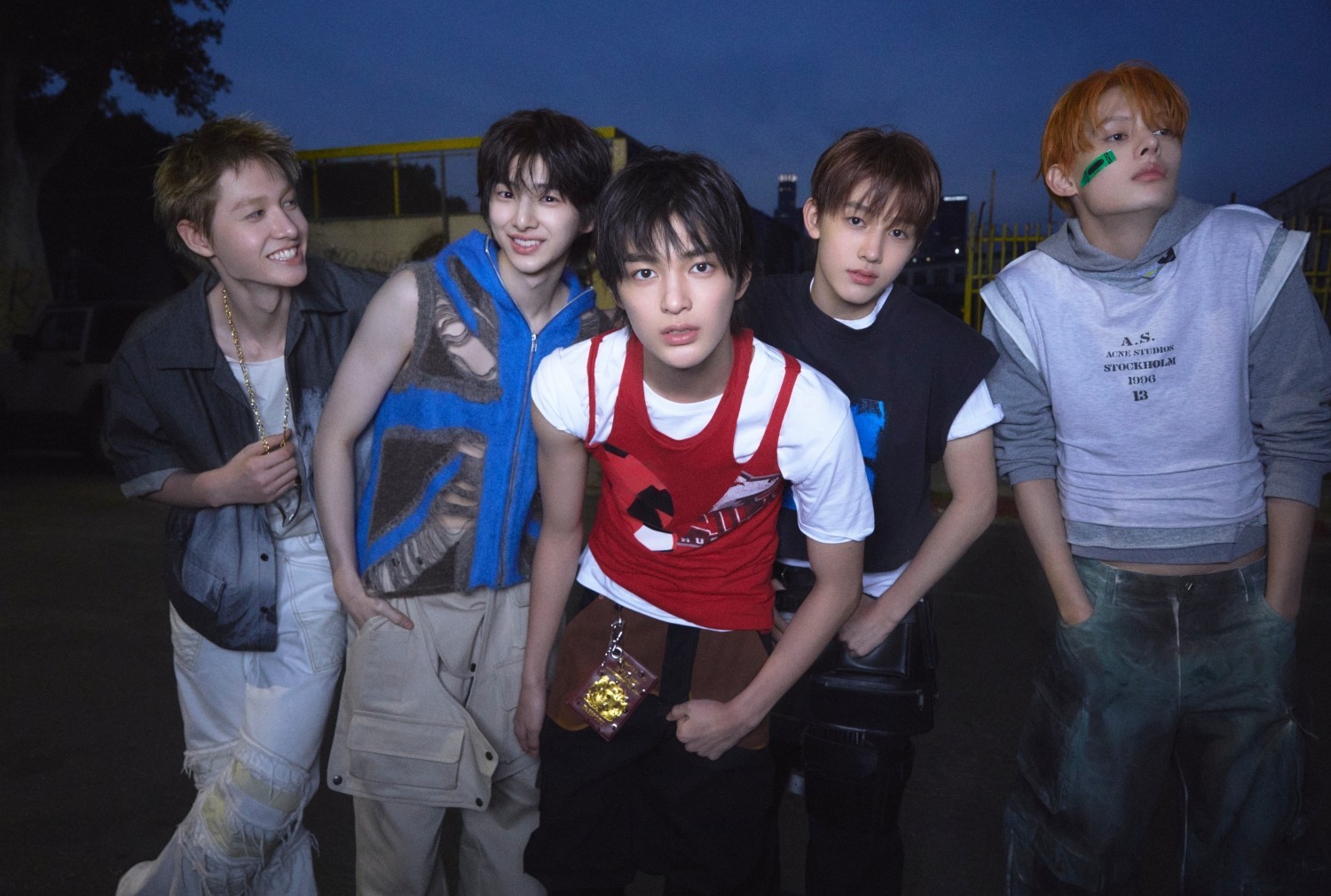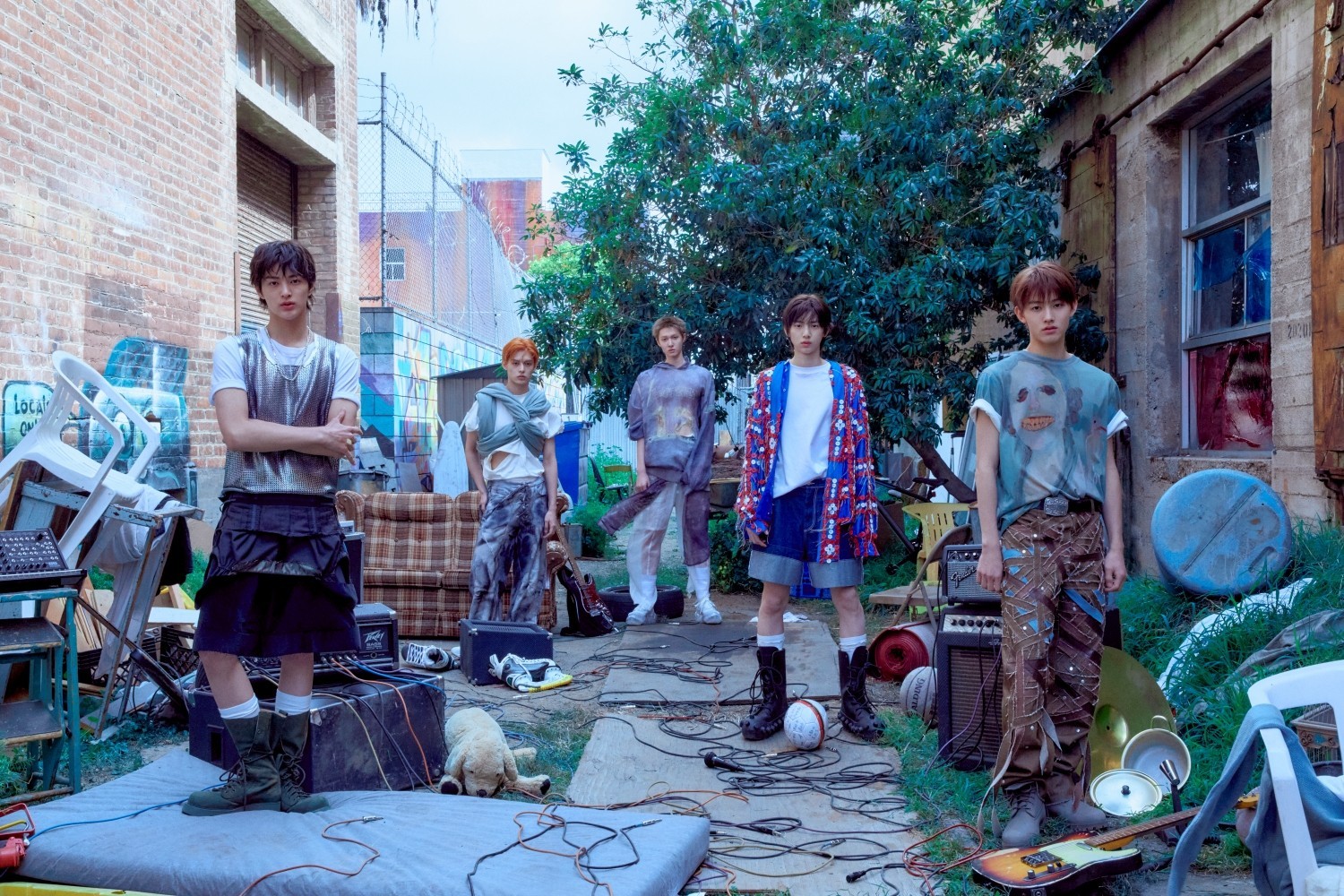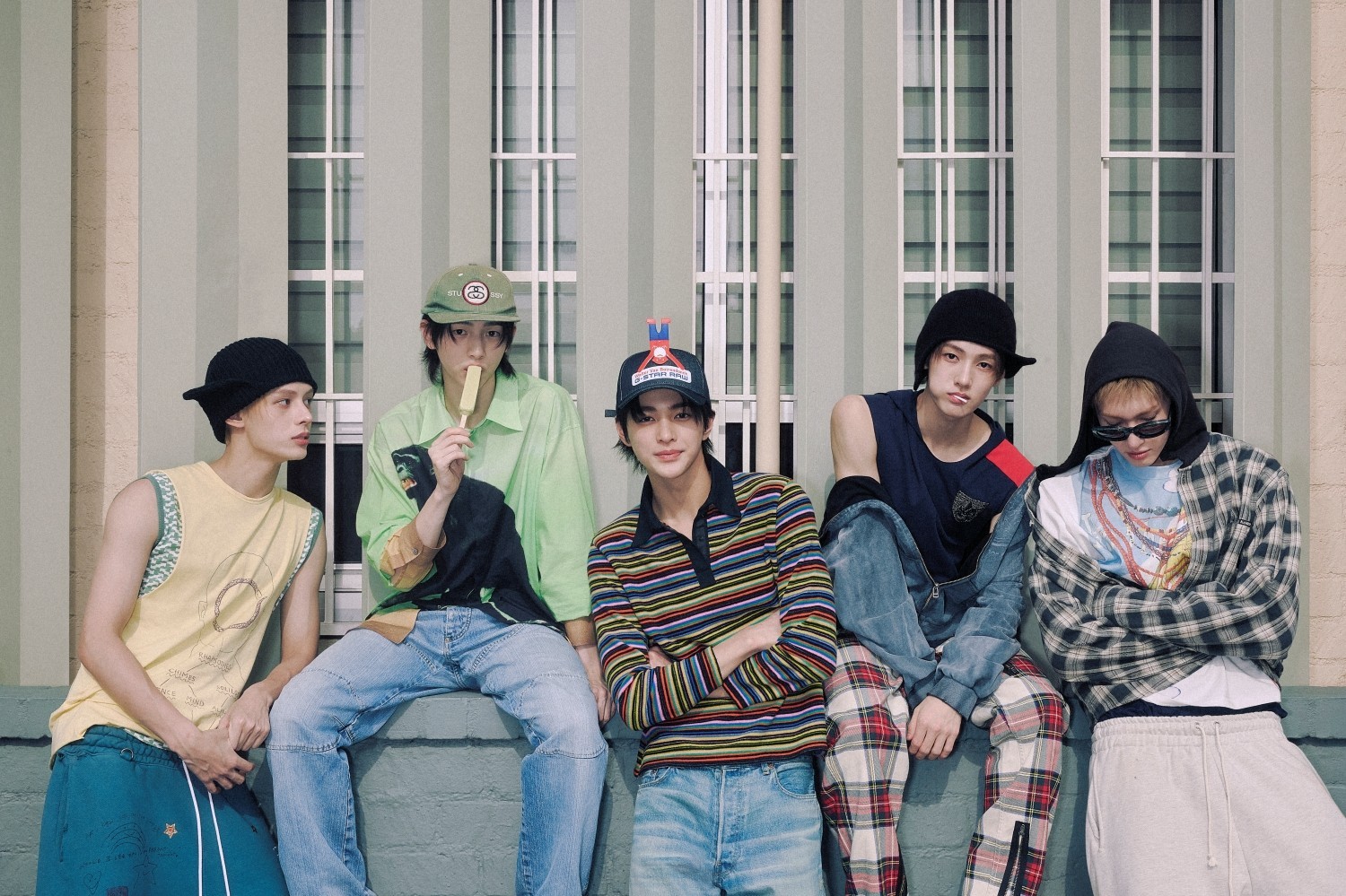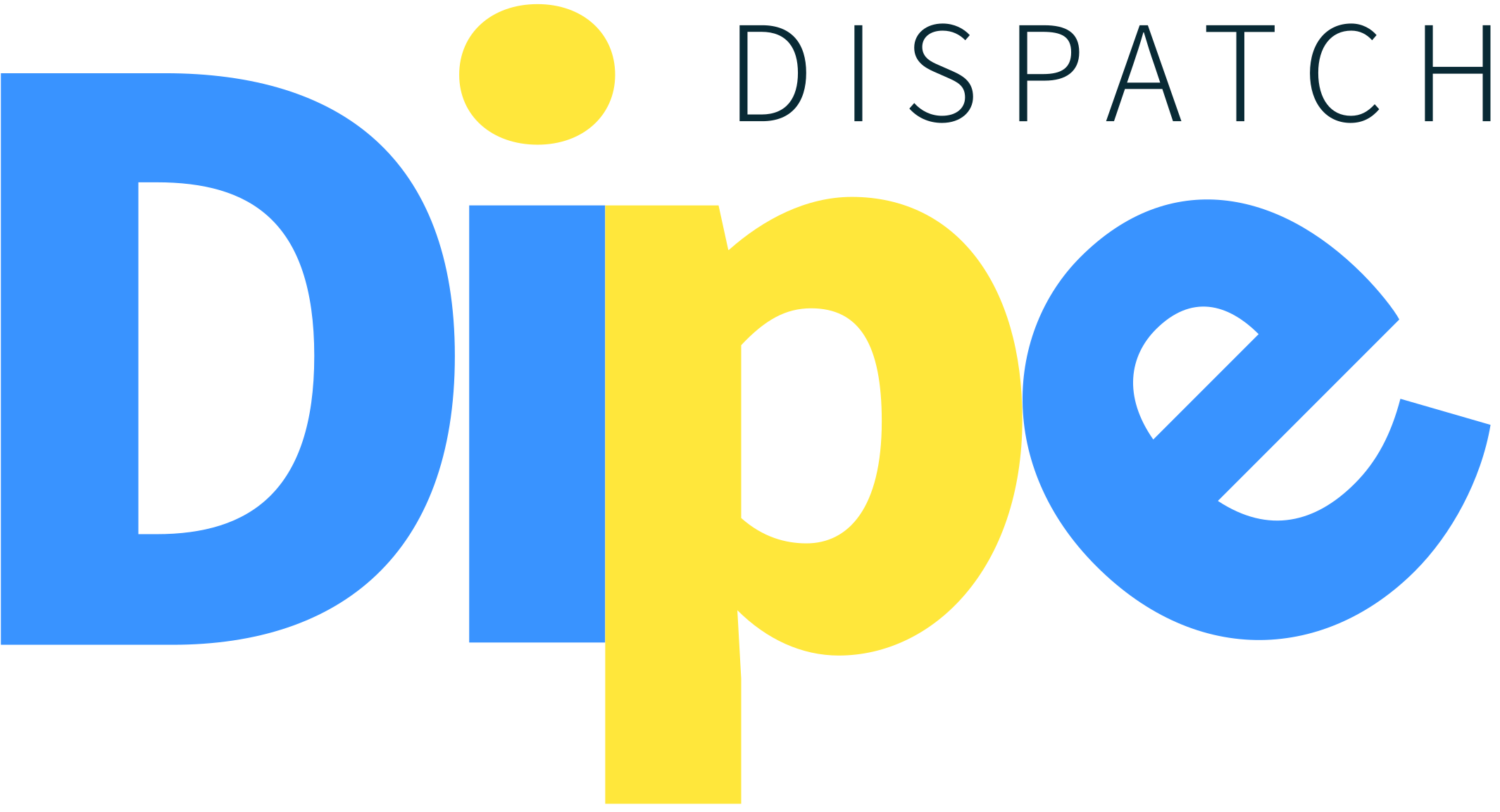
In a Los Angeles songwriting camp, five teenage boys hit their first roadblock while working on their debut album. The track "GO!"—a high-energy banger built on a looping synth riff with producer Johnny Goldstein—was complete in demo form, but finishing the lyrics brought heated debate. Tension and uncertainty filled the studio, until the members literally put their heads together. Dozens of raw ideas and emotions clashed, eventually fusing into something new. That collaborative moment captured what CORTIS is all about: a group shaping music by their own hands.
CORTIS arrived in K-pop like outsiders rewriting the rules. Their debut documentary What We Want shows the group operating in a completely different way—constant laptop battles, endless brainstorms, and collaborations with global rising stars. From songwriting to choreography and videography, the members take full creative control. Every path leads to CORTIS, and through them, countless new ones open.
Beyond the "Self-Producing Idol" Label
K-pop has seen many self-producing idols—SEVENTEEN, Stray Kids, BTS, (G)I-DLE, ATEEZ—who pushed boundaries with their artistry. But CORTIS aims for more. They don't resemble traditional trainees; instead, they feel like a new creative crew, echoing collectives like Odd Future, Brockhampton, or AG Club, with whom they've already collaborated. Their process is closer to a producer training ground than an idol system. The focus isn't on famous producers or labels, but on James, Juhun, Martin, Sunghyun, and Gunho—the members themselves—who literally build songs together.
This independence is rare in idol history. Having ownership of their music from scratch—every choice, every lyric, every beat—makes them different. K-pop agencies are now investing heavily to turn the trainee system into a creative academy, and CORTIS is the first bold result.

Debut EP: "Color Outside the Lines"
The group's first EP reflects their chaotic but exciting journey. Lead track "GO!" bursts with energy, marked by psychedelic autotune layers symbolizing both youthful confusion and bold ambition. Lines like "Raise your thumbs at us, all the old times" show wit and attitude, signaling their role as creators, not just performers.
"FaSHioN" stands out with its fusion of Travis Scott-inspired trap and K-pop swagger, yet its lyrics celebrate thrift shopping in Seoul's Dongmyo market—mixing high fashion with vintage culture in a way that's both humorous and authentic.
"What You Want," featuring rising hip-hop rocker Teezo Touchdown, blends experimental guitar tones with youthful bravado. Softer moments come with "Joyride," a psychedelic indie-rock R&B hybrid, and "Lullaby," a surreal acoustic closer that feels like a swan song to their teenage chapter.

A New Direction for K-pop
CORTIS doesn't just mimic trends—they absorb global sounds and remake them through their own lens. Their music sits between Tyler, The Creator's eccentricity, Travis Scott's trap anthems, 4Batz's dreamy R&B, and the unfiltered energy of a rookie boy band. It's messy at times, but refreshingly honest.
The group's rise reflects a bigger industry shift. Instead of idols waiting for producers to hand them songs, CORTIS represents a generation of artists who are the producers. Their work shows that K-pop can move beyond polished formulas into raw, collaborative creativity.
Even if the lyrics sometimes feel naïve, that's part of their charm—evidence of teenagers growing through music. With their talent, resources, and ambition, CORTIS has the potential to change how the world defines a K-pop group.
This isn't just another idol debut. It's the start of a new paradigm. The question now is not if they'll succeed, but how far they'll run.



